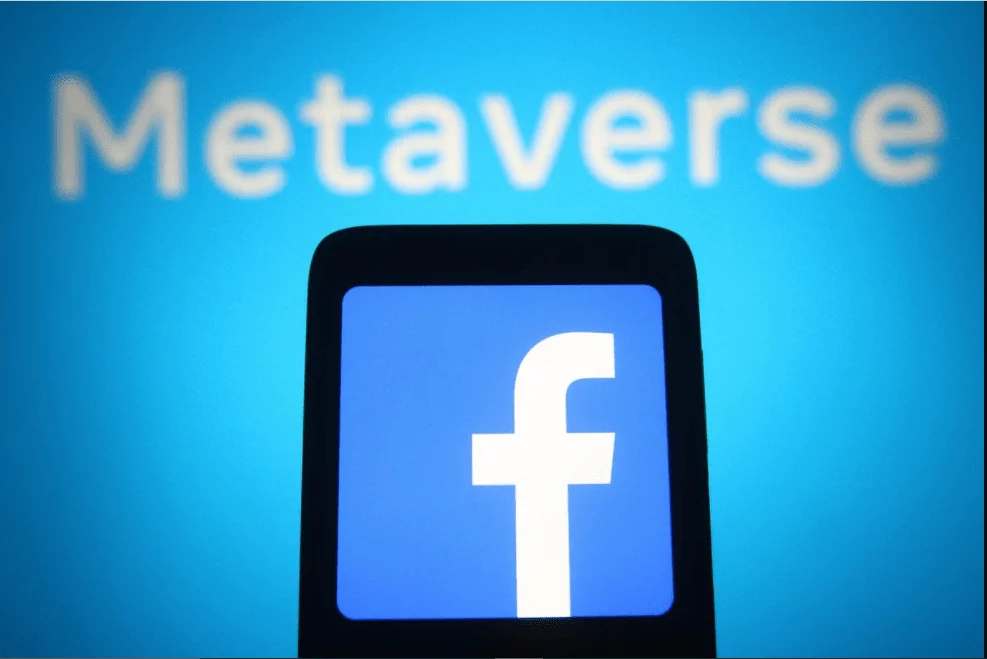Meta reported disappointing fourth-quarter financial results on Wednesday, sending its stock down more than 20% in after-hours trade.

For the quarter, the firm formerly known as Facebook reported rapidly rising costs and expenses, as well as almost $3 billion in operational losses for its new Reality Labs business unit. Meta also forecasted lower-than-expected sales for the first quarter.
Overall, Meta’s Q4 revenue totaled $33.67 billion, up 20% year over year. The company earned $10.29 billion in net profits, or $3.67 per diluted share. For the quarter, total costs and expenses were $21.1 billion, up 38 percent year over year.
Analysts expected $3.84 per share in earnings on $33.41 billion in revenue.
“We had a solid quarter as people turned to our products to stay connected and businesses continued to use our services to grow,” CEO Mark Zuckerberg said in a statement. “I’m encouraged by the progress we made this past year in a number of important growth areas like Reels, commerce, and virtual reality, and we’ll continue investing in these and other key priorities in 2022 as we work towards building the metaverse.”
For the quarter, advertising revenue totaled $32.64 billion. $155 million was earned from “other” sources.
The company’s first financial report since renaming itself Meta reflected Zuckerberg’s plans to establish a computing platform to host the “metaverse” — augmented and virtual reality environments.
As a result, the company’s financial performance were split into two new segments: Facebook, Instagram, Messenger, WhatsApp, and other applications are part of the Family of Apps (FoA). Reality Labs (RL) is a company that develops consumer gear, software, and content for augmented and virtual reality.
For the quarter, FoA generated $32.794 billion in sales and $15.89 billion in operating income. RL made $877 million in revenue and recorded a $3.3 billion operating deficit.
Total revenue for Q1 2022 is expected to be in the region of $27 billion to $29 billion, according to Meta.
Meta’s Revenue Drop
Revenue was expected to be $30.14 billion, according to analysts.
“We expect challenges to both impression and pricing growth to influence our year-over-year growth in the first quarter,” CFO David Wehner said in a prepared statement.
Wehner mentioned issues such as “increasing competition for people’s time,” as well as a shift in engagement within Facebook apps toward video features such as Reels, which monetize at lower rates than Feed and Stories.
Furthermore, Facebook will be harmed by the comparison to Q1 2021, which occurred prior to Apple’s iOS 14.5 upgrade. Facebook has expressed concern over Apple’s new App Tracking Transparency (ATT) feature, which compels app developers to obtain permission from users before tracking their activity across multiple applications and websites while using an iPhone or iPad.
Given the strong demand it observed at the start of 2021, the company faces a difficult year-over-year comparison. Advertiser budgets are being impacted by macroeconomic difficulties such as cost inflation and supply chain interruptions, according to Wehner.
The year-over-year comparison is also tough for the company, given the strong demand it saw at the start of 2021. “We’re hearing from advertisers that macroeconomic challenges like cost inflation and supply chain disruptions are impacting advertiser budgets,” Wehner said.
